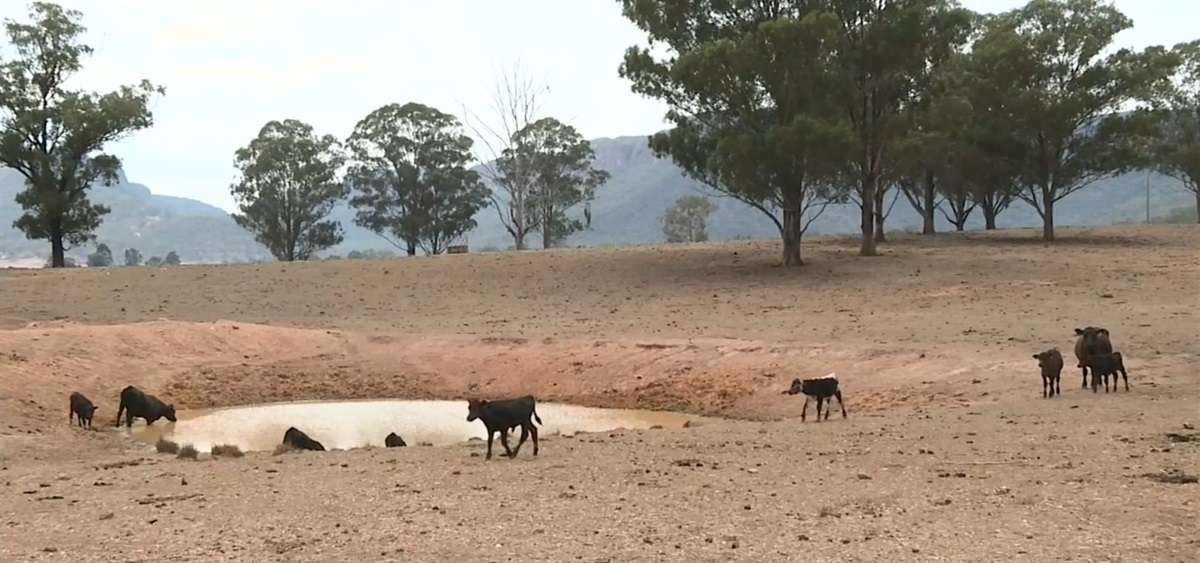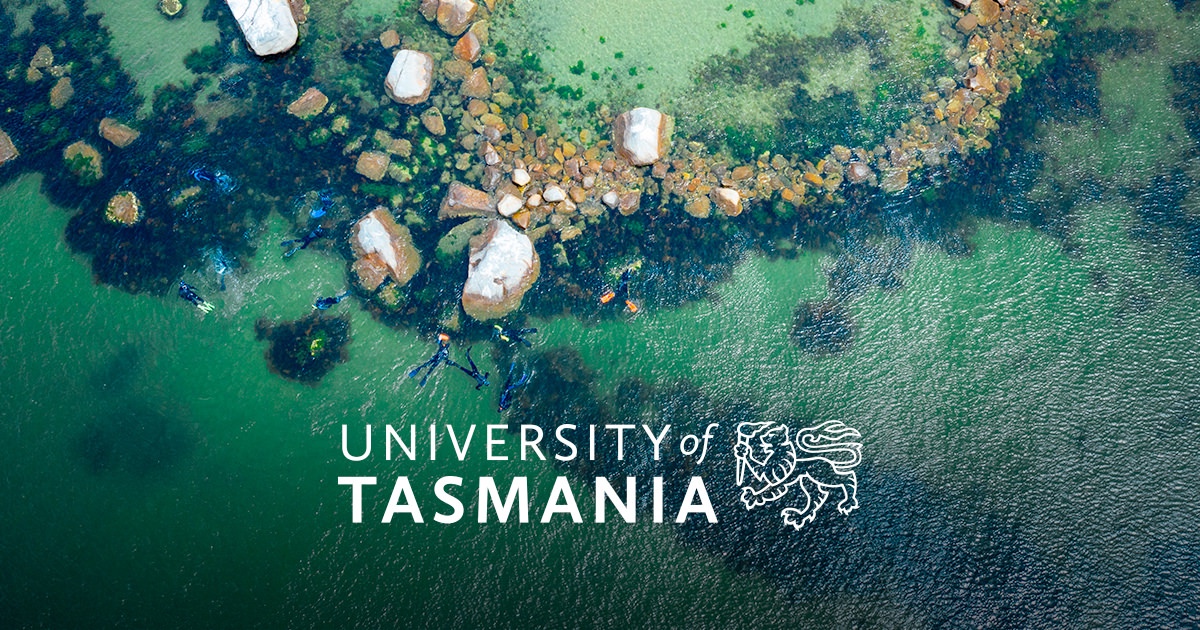The Hon Tanya Plibersek MP, Minister for the Environment and Water
The Hon Chris Steel MP, ACT Minister for Transport and City Services
The Albanese Labor Government has announced funding to build a new large-scale composting facility in the ACT, as well as supporting the construction of another major new recycling facility – delivered in partnership with the ACT Government.
Minister for the Environment and Water the Hon Tanya Plibersek MP today announced a $13 million contribution from the Food Waste for Healthy Soils Fund, for the construction of a large-scale Food Organics and Garden Organics (FOGO) facility to process local organic waste that will process up to 50,000 tonnes-equivalent to the weight of 30,000 cars-of organic waste per annum.
Minister Plibersek said we want to see a circular economy in Australia – this means promoting recycling, reusing, and repairing as much as possible.
“The result is more local jobs to support recycling and remanufacturing, financial savings on raw materials, reduced emissions from energy to extract virgin resources and transport waste, and less material going to landfill,” Minister Plibersek said.
“To power the ACT’s circular economy, we need cutting edge waste management and recycling facilities. That is why the Australian and ACT governments co-invested $23 million through the Australian Government’s Recycling Modernisation Fund to build a new MRF adjacent to the ACT’s existing one.
“In addition, the Australian Government will contribute an additional $13 million from its Food Waste for Healthy Soils Fund towards the ACT Government’s project to convert food and garden waste into high quality compost.
“We are committed to halving the amount of organic waste sent to landfill nationally by 2030. This not only keeps the value of our food waste in the Australian economy but also helps to reduce Australia’s greenhouse gas emissions.
“We expect the fund to help divert up to 3.4 million tonnes of food and organic waste from landfill nationally and put it to productive use on our agricultural soils as compost and soil improvers.
“If we can reach our national target of recovering 80% of Australia’s organic waste, we will generate $401 million in value-add to the Australian economy, support up to 2,700 additional jobs in the organics recycling industry, and avoid over 2 million tonnes of greenhouse gas emissions.
“That’s the same as taking nearly half a million cars off the road or planting more than 23.1 million trees,” Minister Plibersek said.
Minister for Transport and City Services in the ACT Government, Chris Steel, welcomed funding for the new facility which will provide capacity to process 50,000 tonnes of organic material per year.
“We welcome this significant boost for new recycling infrastructure that will support Canberrans to take everyday action on climate change,” said Minister for Transport and City Services Chris Steel.
“This new facility is a central part of our plans to build our circular economy – turning food waste into valuable compost that can be used to improve the soils of our whole region.”
“Large scale composting infrastructure is essential to enable FOGO collections to be expanded to every household in the ACT.”
“Once built, Canberran’s food and garden waste will be collected in their green bin and recycled into nutrient-rich compost, cutting waste emissions by up to 30 percent.”
The ACT Government also announced that a completely new Materials Recovery Facility (MRF) will be built at Hume, funded in partnership with the Australian Government, rather than upgrading the existing facility.
“Building a brand new modern MRF facility, adjacent to the old facility, will ensure the ACT has an entirely new state of the art recycling infrastructure as our region grows. It will improve safety and avoid the need to close the existing MRF during construction,” said Minister Steel.
“New technology at the new plant will deliver the capacity to sort, separate, and process materials for the whole Canberra region, creating higher quality resources with higher value uses including remanufacturing.”
The Council of Australian Governments (COAG) agreed in March 2020 to a phased approach for banning the export of waste products starting with unprocessed glass by January 2021, mixed plastics by July 2021, tyres by December 2021, single polymer unprocessed plastics by July 2022 and mixed paper and cardboard by July 2024.
The ACT Government will seek industry partners to design, construct, maintain and operate the new FOGO and MRF facilities with the first approach to market later this year.
Federal Member for Bean, David Smith MP said “It’s great to have Minister Plibersek and Minister Steel in Bean today to announce a new Materials Recycling Facility and FOGO recycling facility for the region.
“I know that Canberrans are passionate about moving to a more sustainable future.
“This announcement will allow us to take responsibility for our waste, help the environment and create jobs,” Mr Smith said.
The Australian Government’s $67 million Food Waste for Healthy Soils Fund will leverage over $171 million in total government and industry investment.








